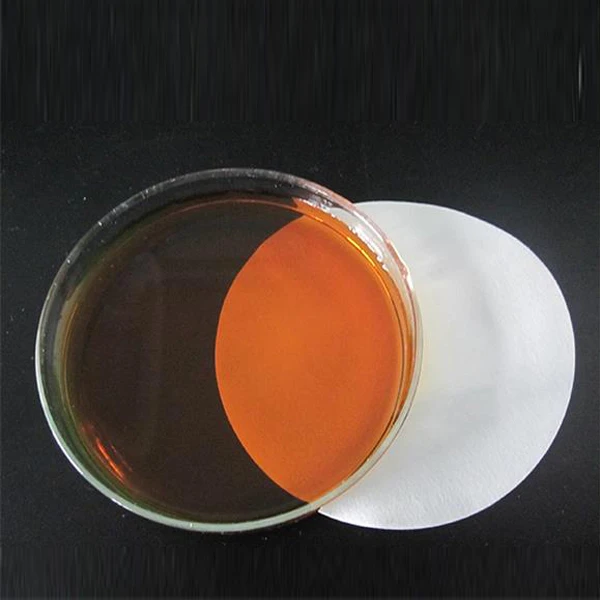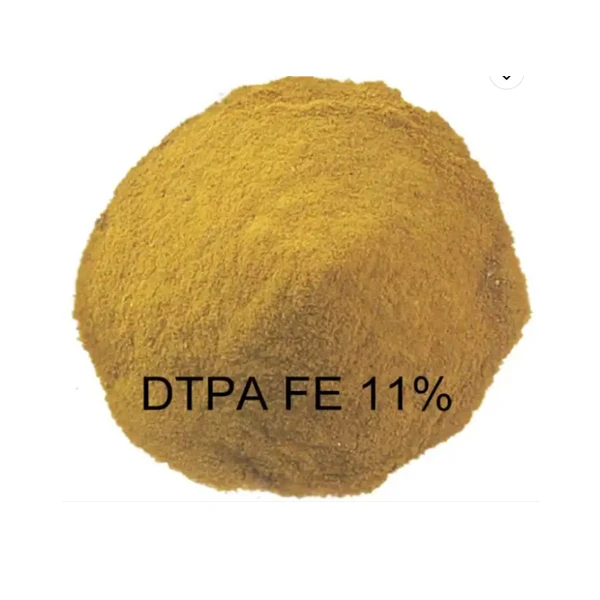Nouvelles
-

Sodium Polyaspartate: Applications and Safety
Sodium polyaspartate (sodium salt of polyaspartate) is a biodegradable polymer derived from aspartic acid.En savoir plus -

Polyaspartic Acid: Properties and Applications
Polyaspartic acid (PASP) is a biodegradable, water-soluble polymer with diverse applications across industries due to its ability to chelate metal ions, inhibit corrosion, and disperse particles.En savoir plus -

Polyaspartic Acid and Its Applications
Polyaspartic acid (PASP) is a biodegradable, water-soluble polymer that has gained significant attention in various industries due to its versatile chemical properties.En savoir plus -

Overview of Chelants, Chelating Agents, and Chelated Micronutrients
Chelants and chelating agents are chemical compounds used to bind and neutralize metal ions in various applications.En savoir plus -

Iron Chelating Agents and Their Applications
Iron chelating agents are specialized compounds that bind to excess iron in the body or environment, forming stable complexes that can be excreted or neutralized.En savoir plus -

Application of Polyaspartic Acid in Water-soluble Fertilizers
In the ocean of knowledge, we explore tirelessly; at the forefront of science and technology, we move forward bravely.En savoir plus -
Application d'acide polyaspartique dans les engrais hydrosolubles
Selon les statistiques de l'Organisation des Nations Unies pour l'alimentation et l'agriculture en 201En savoir plus -
Progrès de la recherche sur les dérivés de l'acide polyaspartique dans le contrôle de la pollution des sols par les métaux lourds
Le sol est l’une des ressources dont dépendent les humains pour survivre, et c’est le fondement de la CE.En savoir plus -
Guider le chemin d’un développement spécialisé, raffiné et innovant
Guider le chemin du développement spécialisé et innovant et se spécialiser dans les marchés segmentés——Think-do CompanyEn savoir plus -
Performance et application du produit IDS iminodisuccinate de sodium
Stabilité physique : la solution cristallise facilement à 5 ℃ et moins. Stabilité chimique : Relativement stable. IDS peut maintenir une bonne stabilité dans des milieux fortement acides et alcalins. La stabilité dans les environnements alcalins est supérieure à celle dans les environnements acides. Il présente une bonne stabilité en conditions neutres.En savoir plus

